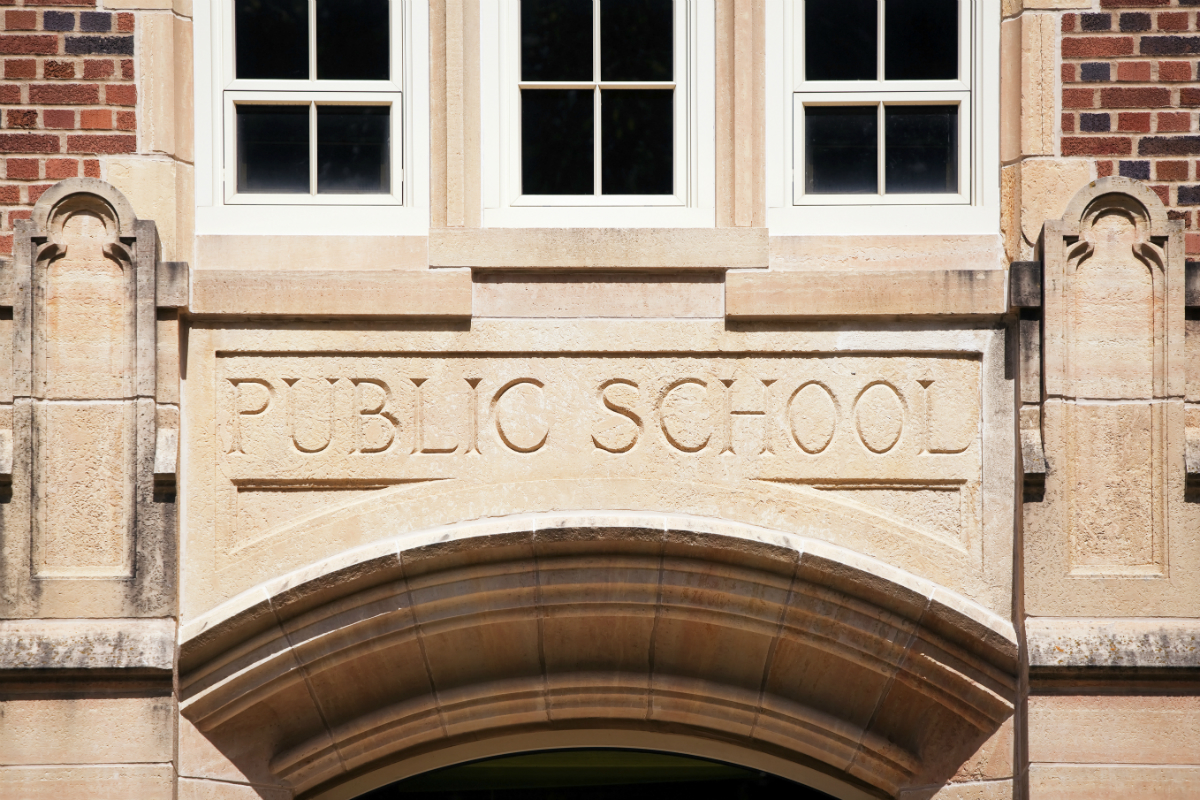By Erika Hoffman, CSBA Deputy Legislative Director for State and Federal Programs
Congress returned from its two-week holiday break on July 10 and will be going full speed to get work done before they take their summer recess in August. On July 13, the House Appropriations Committee introduced the Labor, Health and Human Services, Education, and Related Agencies bill (Labor H) that would fund those departments for fiscal year 2024. As proposed, the legislation would implement a 15 percent cut in funding compared to FY 2023 funding levels for the Department of Education. This cut equates to about $22.1 billion. It also eliminates a number of K-12 and higher education programs.
The Labor H bill proposes to cut $14.7 billion (an 80 percent cut) from Title I, Part A grants to local educational agencies under the Elementary and Secondary Education Act (ESEA) and would eliminate other programs, including professional development programs under ESEA Title II; English language learner programs under ESEA Title III; Promise Neighborhoods; Social Emotional Learning Grants; Magnet Schools; and Full-Service Community Schools.
According to House Appropriations Committee, the Title I-A cut was included due to the significant amount of funding provided by COVID-19 relief programs that schools still have access to, and a House Appropriations Committee summary says that “further investments will not be provided until these funds are used responsibly.” Funding for the Individuals with Disabilities Education Act, charter schools and Impact Aid would remain the same as FY 2023.
For higher education, the legislation would maintain the maximum Pell Grant amount at the current level and eliminate funding for Federal Work Study, Federal Supplemental Opportunity Grants, Teacher Quality Partnerships and others. The bill also would cut funding for Student Aid Administration and for the Office for Civil Rights. Further, Perkins Career and Technical Education programs and Adult Education programs would be flat-funded, while the legislation would eliminate funding for adult and youth worker programs under the Workforce Innovation and Opportunity Act.
The appropriations bill also includes some policy provisions such as prohibiting the use of federal funding to promote or advance critical race theory. It would also prohibit the Education Department from implementing its proposed Title IX rules on sexual violence and athletics.
The House Appropriations Subcommittee on Labor, Health and Human Services, Education, and Related Agencies met July 14 and approved the legislation on a party-line vote, sending it to the full House Appropriations Committee for consideration. The full committee has not yet scheduled the measure.
The Senate has not yet released its funding bill for education, but it is expected to align with the debt ceiling legislation funding agreement of capping funding levels at FY 2023 amounts, which will result in only slight cuts to education funding. The stark differences between the House and Senate bills will lead to a challenging appropriations process for FY 2024.
In other House news, Rep. Jared Huffman (D-California) and Sen. Chris Van Hollen (D-Maryland) have introduced companion bills to establish a glidepath to the 40 percent funding as provided under IDEA. HR 4519 (Huffman) has 83 co-sponsors with 19 members of the California Delegation signing onto the bill. S 2217 (Van Hollen) has 28 co-sponsors, including Sen. Alex Padilla. CSBA has long supported measures to increase special education funding to meet the 40 percent promise under IDEA and are supporting both HR 4519 and S 2217.





